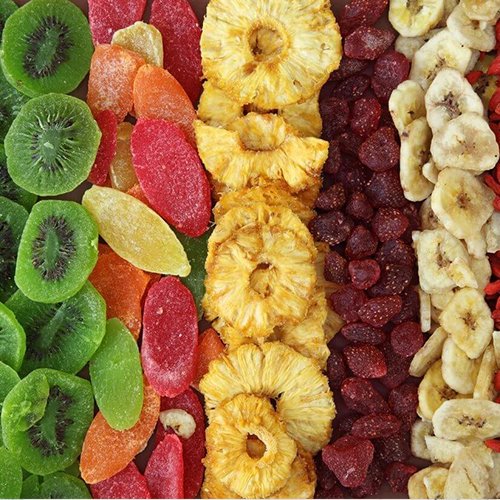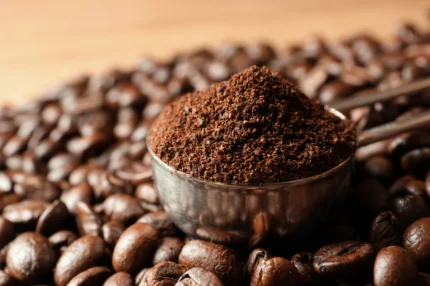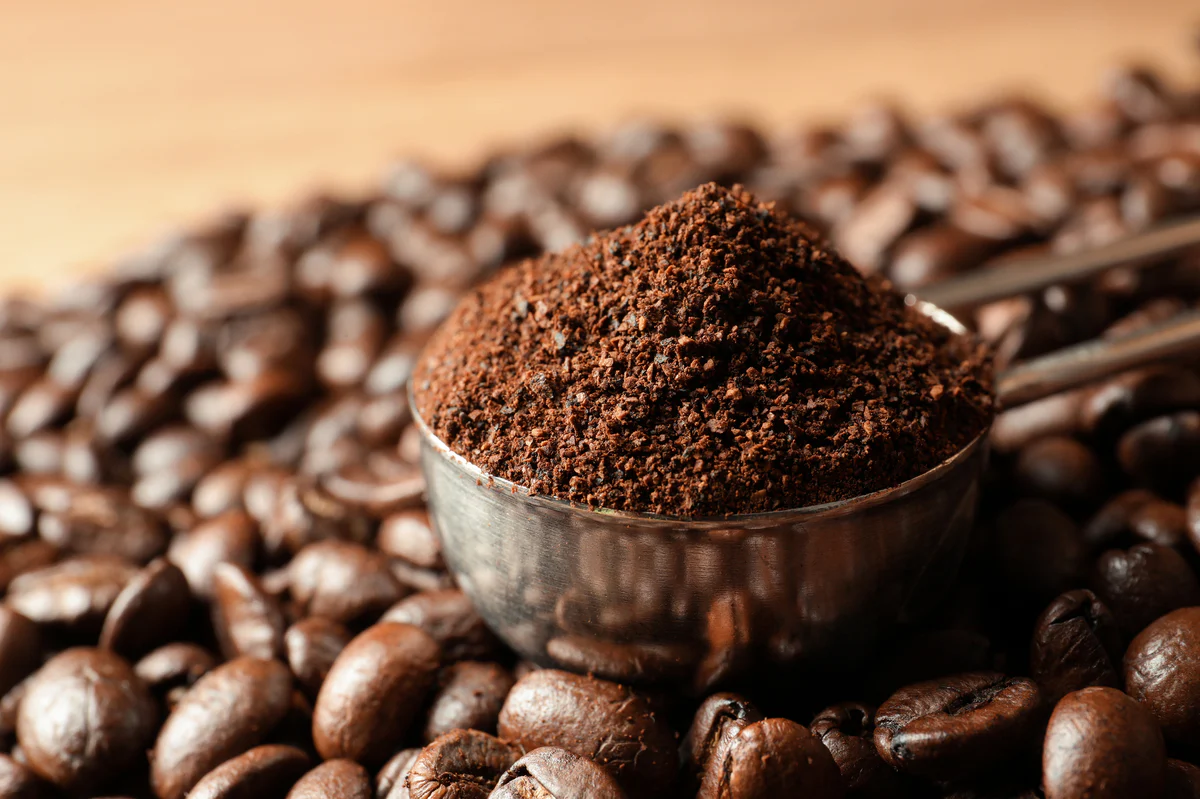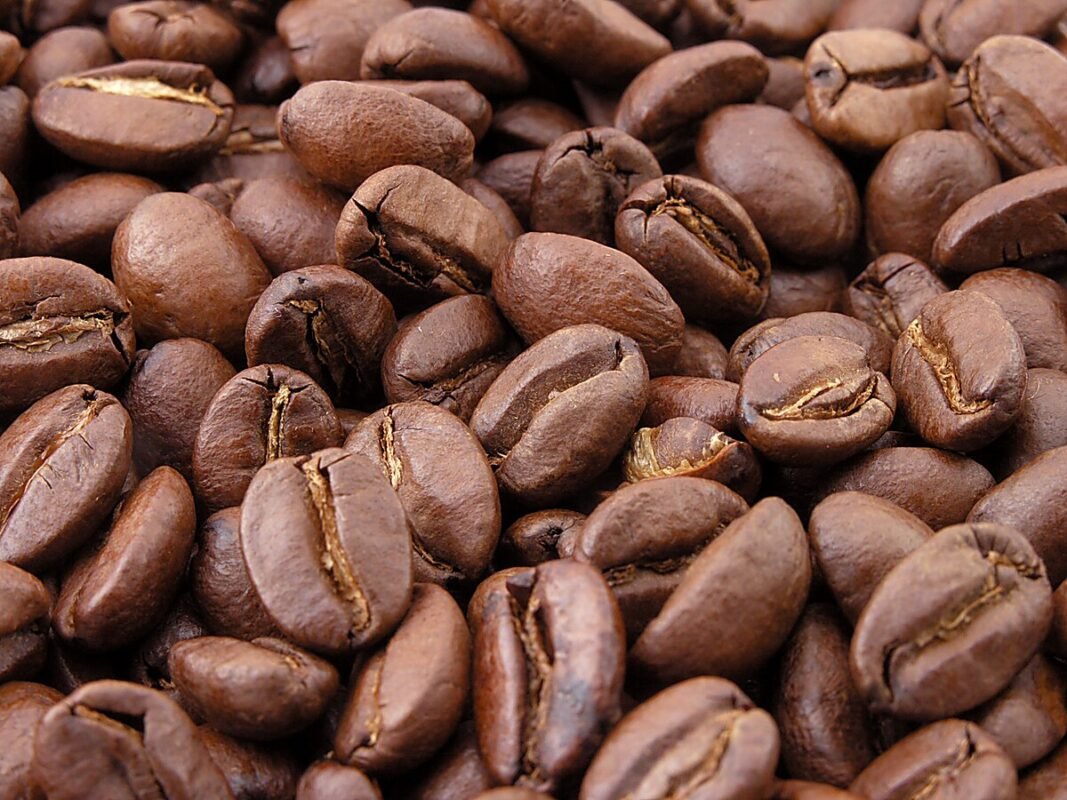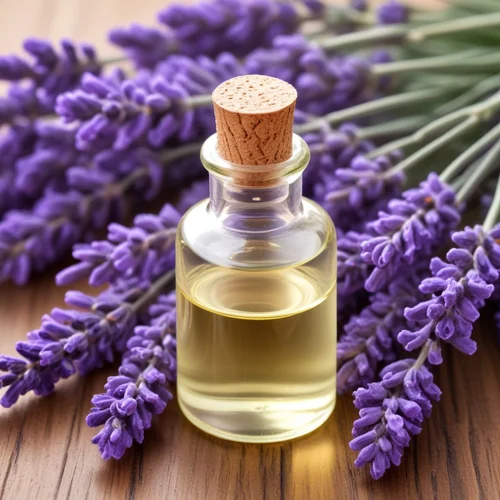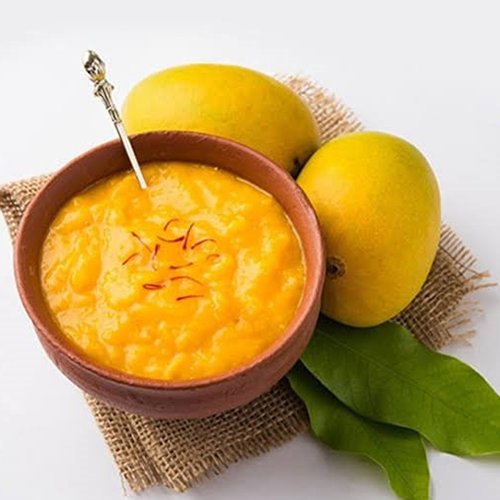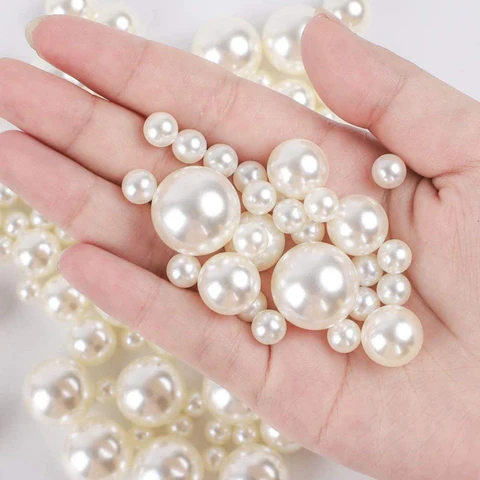Dried and Dehydrated Items
Dried and dehydrated items refer to food products that have undergone moisture removal processes to enhance shelf life, preserve nutrients, and maintain their natural flavors. These items are widely used in the food industry, households, and commercial applications for their convenience and long-term storage benefits.The global demand for dried and dehydrated products has significantly increased due to the rising preference for natural, chemical-free food options. Health-conscious consumers opt for dehydrated fruits and vegetables as a nutritious alternative to processed snacks, while industries use them in energy bars, herbal teas, and dietary supplements.
RELATED PRODUCTS
Coffee
Awaken your senses with the rich aroma and bold flavor of our Premium Roast Coffee. Carefully sourced from the finest coffee-growing regions, these handpicked beans are roasted to perfection to deliver a smooth, full-bodied brew with notes of chocolate, caramel, and a hint of spice.
Whether you prefer it black, brewed, or as your favorite latte, this coffee delivers an invigorating experience in every cup. Ideal for daily sipping or special occasions, it’s the perfect balance of taste, freshness, and aroma.
Essential Oils
Experience the power of nature with our 100% Pure Essential Oils, expertly extracted from the finest botanicals to support wellness, relaxation, and rejuvenation. Each drop is packed with therapeutic benefits and a rich natural aroma, making it ideal for aromatherapy, skincare, massage, and DIY beauty routines.
Steam-distilled and free from synthetic additives, our essential oils offer the purest form of plant essence — just as nature intended.
Key Features:
-
100% pure, undiluted essential oils
-
Extracted from premium-grade plants, flowers & herbs
-
No parabens, sulfates, or synthetic fragrances
-
Ideal for diffuser use, topical application (with carrier oil), and home remedies
-
Bottled in amber glass for UV protection and longevity

